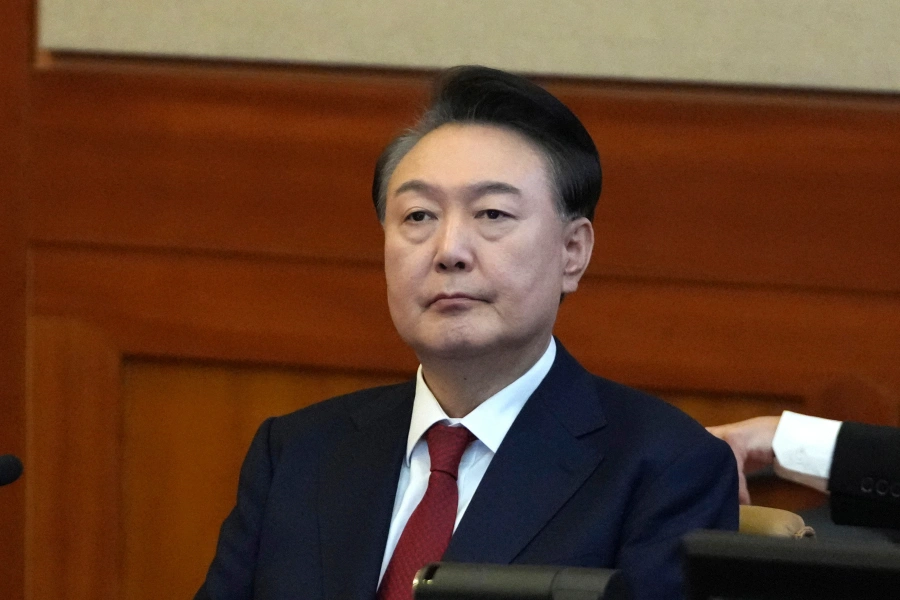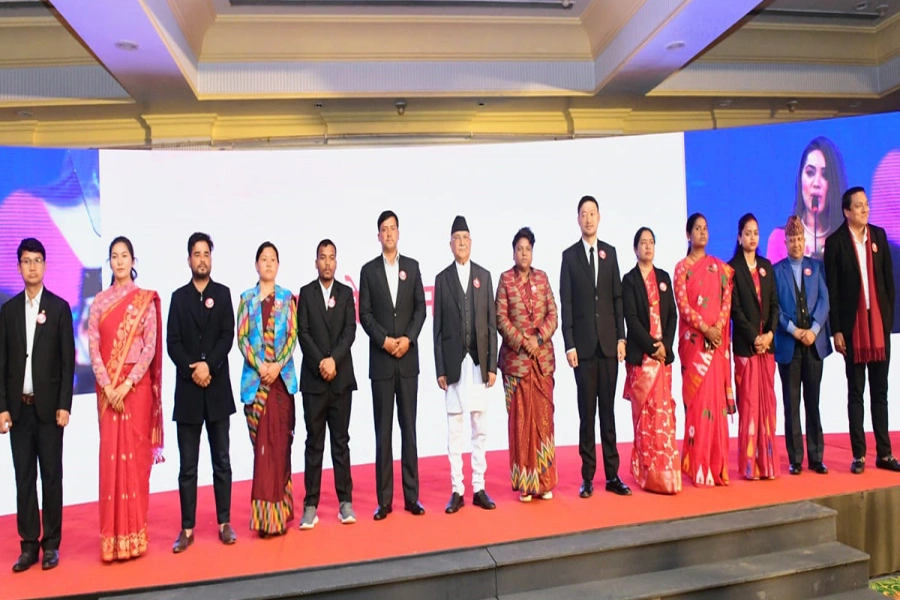The government's long-drawn exercise to remove Kul Man Ghising, the managing director of the Nepal Electricity Authority (NEA), has not only grabbed the interest of the entire nation but has also raised serious questions about the executive's motive behind. Ghising is widely popular for ending years of crippling load-shedding in the country and is praised for converting the loss-making NEA into a profit-making government entity. It appears like the government has been working overtime to find an excuse for his ouster. It began with Prime Minister KP Oli's order for Ghising to stand down. He did not oblige. Minister of Energy and Water Resources Deepak Khadka took the task onto himself after that episode was over. Of late, the entire Cabinet seems to have made its mission to throw him out. The Council of Ministers has sought multiple clarifications from Ghising on grounds that appear to be lacking substantive reasons. For one, the government charged that Ghising failed to submit a progress report within the deadline. But Ghising submitted it just a few days later. The government also alleged he scored a "zero" in a performance evaluation, which is hard to believe. The government accuses Ghising of signing Nepal-India power agreements without having the government mandate. But Ghising explained that those agreements were routine technical stuffs which did not require the government's approval. In the same vein, the government blamed him for not complying with its directive on electricity tariffs regarding industries that used NEA's dedicated electricity lines. Yet the NEA boss demonstrated his firm commitment to not permit industries to default on payments to the NEA, angering many including Nepal's top business leaders.
The government has further argued that Ghising neglected his duties as a managing director. Yet, under his leadership, NEA expanded the people's access to electricity, turned the NEA around, and started exporting power to India and Bangladesh. Many say these achievements are not the signs of negligence. The charges against him thus appear weak. Appointed by the previous government led by Puspa Kamal Dahal, the NEA managing director has only five months of his tenure left. Nevertheless, the current government seems quite uncomfortable with him because he has refused to follow the government's instructions. Ghising certainly appears to have an inflated sense of ego, but then the Cabinet is not expected to just go after him. His popularity, many wonder, could have made the minister uneasy with his control over the NEA. That is probably why Minister Khadka the other day refused to give credit to Ghising for ending the chronic shortage of electricity in the run-up to his first term in office. He rather praised India for supplying power.
TOD data may have been lost or misplaced, but we will collect t...

The outrage against Ghising's likely removal is growing. Opposition members of parliament from the Maoist Center, Rastriya Swatantra Party, and CPN (Unified Socialist), among others, questioned the intent of the government against Ghising and rallied to his support. The strong opposition against Ghising's likely firing indicated that even within opposition parties, Ghising enjoys an abundance of support. Meanwhile, the majority of critics have stated that any removal of Ghising will be construed as the government's undermining of meritocracy in our bureaucracy. The government has to understand that the removal of a competent and popular government official without valid cause will only tarnish its own image and give it a bad public perception. The government and the minister hence need to reassess their stand against the NEA chief before they lose their public image.




































